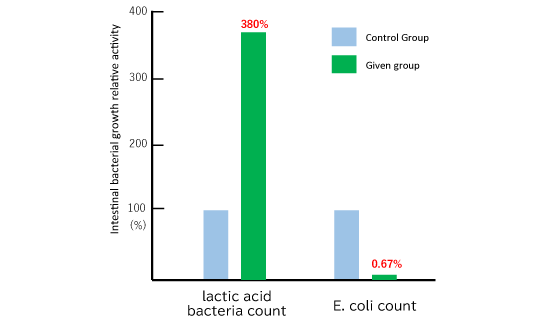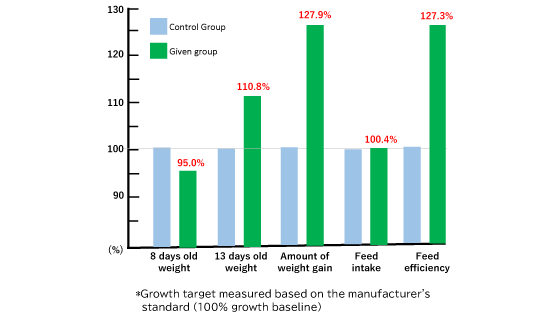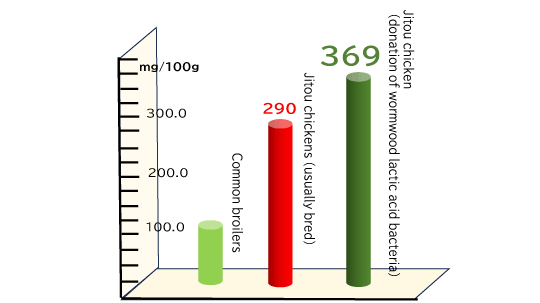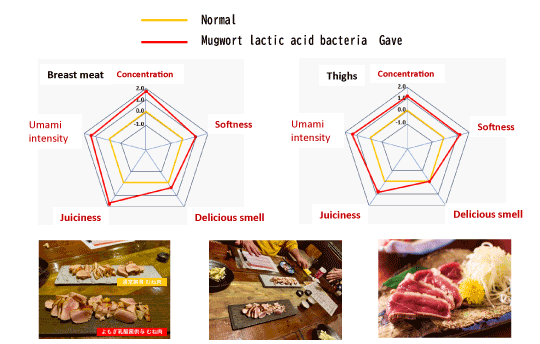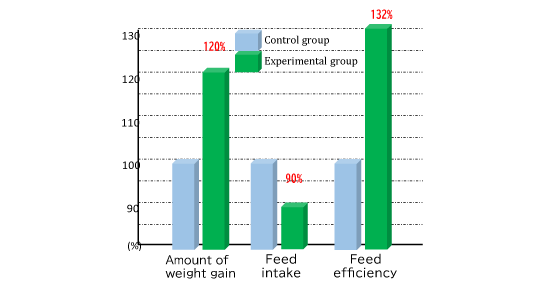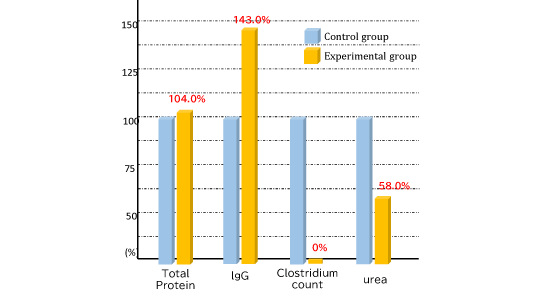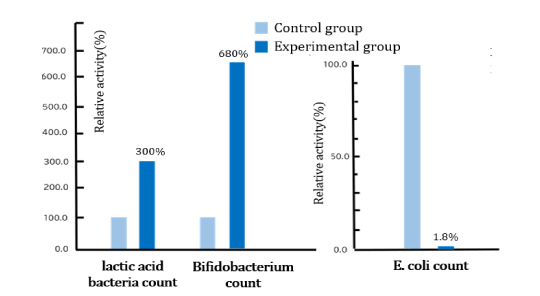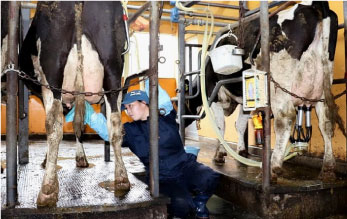A Smarter, More Sustainable Approach to Animal Care
Even on well-managed farms, livestock face routine stress from environmental conditions, dietary changes, and daily operations. These stressors can quietly impact growth, feed efficiency, immunity, and productivity.
Rather than waiting for issues to arise, support animal health from the inside out with MAKITO’s Mugwort Fermented Lactic Acid Bacteria—a 100% plant-based probiotic developed using patented Japanese fermentation technology.
This natural supplement helps you:
- Strengthen gut health and immunity
- Improve nutrient absorption and performance
- Reduce odors and digestive stress
- Minimize antibiotic use and drug residues
Proven effective in poultry, pigs, cattle, and sheep, it’s a proactive, sustainable solution to help your animals thrive—every day.
These challenges can be addressed—naturally and effectively.
-
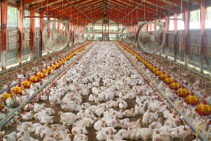
Rising Mortality Rates and Escalating Feed Costs -
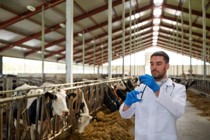
Reduced Productivity Caused by Infections Like Colibacillosis -

The Growing Challenge of Antimicrobial Resistance





